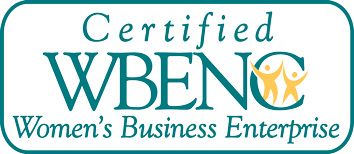I apologize too much, help!
Question:
I never realized it but a friend pointed out to me that I constantly apologize–even when I have no reason to. I’m concerned that this is affecting how I’m being seen at work. Ideas? J.M., New York, NY
Answer:
You have a very valuable friend! It’s hard for us to see our own habits. And, as you rightly point out, habits directly affect our success. If you apologize for a perfectly reasonable request, circumstances beyond your control, or even when someone bumps into you (!), you’re essentially indicating a lack of faith in your own judgment. Over time this not only undermines your self-worth, it also subconsciously reinforces the idea with your audience that you constantly mess up.
While apologizing can be a powerful tool for building/maintaining trust, it’s vital to be able to assert yourself and view yourself as having the right to make your way in the world. Pause before you apologize. Confirm that you’ve done something you actually need to apologize for.
Understand your typical triggers and make a list of them. Do you always want to apologize when you ask someone to do something for you? If so, spend a week focusing on eliminating “sorry” in that context. If you feel the need to apologize when you need clarification, experiment with questions like, “Could you say a bit more about that?” or, “Can you give me an example?”
Turn your urge into a statement of gratitude. For example, “I’m sorry you had to run that errand” can easily become “I’m so grateful you did me this favor!” Not only does this more clearly express your intent, it focuses your mind—and the recipient’s mind–on the positive and as a consequence, it can build stronger bonds.


